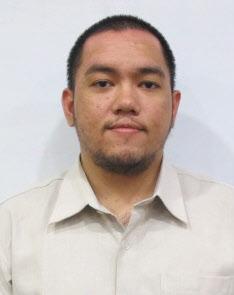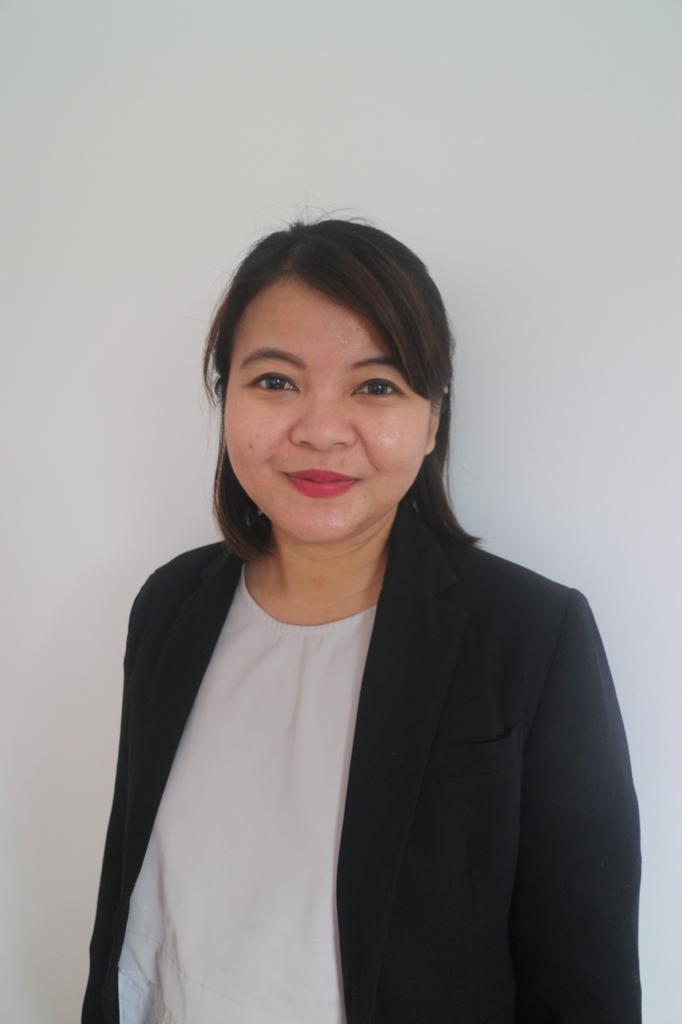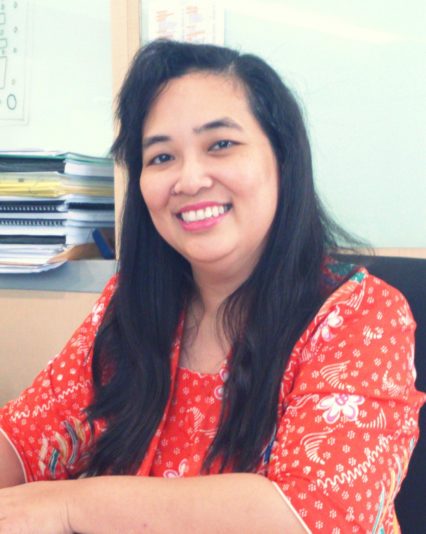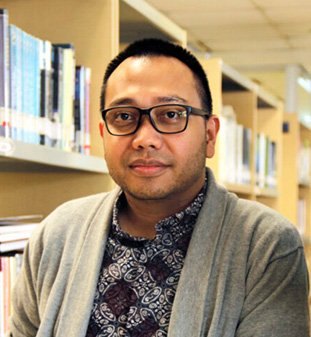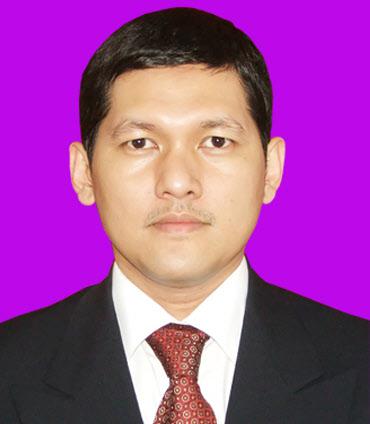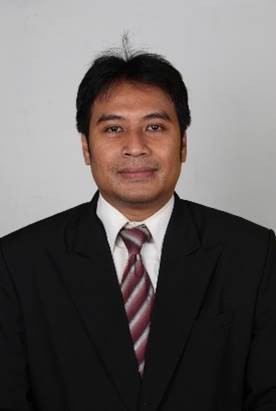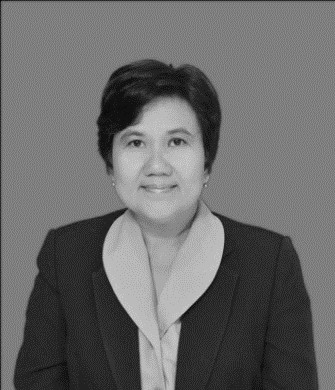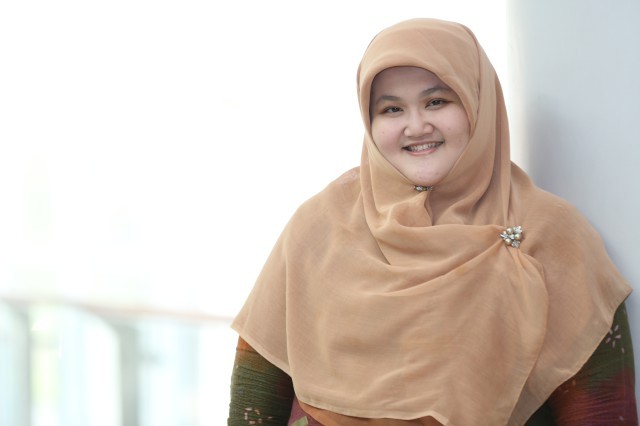Case Document
A NEW ERA OF TELEVISION: WeTV’s IMPACT ON THE INDUSTRY’S LANDSCAPE
A SHARIA HOTEL CHAIN: STORY OF ARABIA HOSPITALITY GROUP
LEAVING BRICK AND MORTAR: STILL FEEL MORE DO MORE
FASHIONING THE FUTURE: ZALORA`S OMNICHANNEL TRIUMPH IN SOUTHEAST ASIA
NETFLIX: CHANGE THE GAME WITH BIG DATA
Netflix is a streaming service that offers a wide variety of award-winning TV shows, movies, anime, documentaries, and more on thousands of internet-connected devices. One of the main advantages that Netflix has is its technology. Especially their recommendation system. From 2012 onwards, Reed Hastings and Marc Randolph using big data to filter their user information, which removes unnecessary information from the data stream before it reaches users. Netflix offers a recommendation system that can make it easier for users to watch. Users can easily find movies or series with the type of genre or other things they like through the recommendation system offered. This is one of Netflix's ways to satisfy and gain its users.
In 2020 Netflix was able to gain 18.2 million new users. During the pandemic, many people use Netflix to deal with boredom and stress. So it became one of the factors that increased Netflix during the pandemic. However, the recommendation system also has a significant impact on Netflix. The recommendation system provides users with a sense of comfort and convenience. Customers can quickly determine which movies or series to watch according to their preferences.
The use of big data is obtained from customer history using Netflix. The weak point of big data is that there may be an excessive amount of data to process so sometimes inaccuracies are found in the recommendation system. According to this matter, Netflix tries to overcome this by dividing the task to its researchers (Exhibit 1) based on their problem solving skills. So that in using big data which is more consumer centric, Netflix hopes to improve and provide better services or products to its users.
TRANSFORMATION OF THE FORESTRY INDUSTRY THROUGH SUSTAINABLE FOREST MANAGEMENT IN INDONESIA
BNI XPORA: SME GO DIGITAL GO GLOBAL
In this era of increasing globalization, exports play an essential role in the Indonesian economy. Exports are activities carried out by companies or businesses in a country by selling their products outside their country of origin. Exporting is an activity that describes the competitiveness of a country's economy. It is also a by-product of Indonesia's diverse experience, innovation, productivity, and human resources quality. To increase exports, the Government seeks to produce half a million exporters in 9 years. Finance Minister Sri Mulyani Indrawati is optimistic that she will be able to print up to 500 thousand new exporters in 2030.
Many companies have dared to export to various countries, but unfortunately, domestic MSMEs have a low contribution value to Indonesia's export earnings. According to the data obtained, only 14.7% of MSMEs export, which is very small compared to APEC member countries that have reached 35% of MSME exports.
BNI Chairman Director Royke Tumilaar said that P.T. Bank Negara Indonesia, Tbk (BNI) is receiving a mandate from the Ministry of State Enterprises to become an Indonesian international bank that can encourage domestic business players to access global markets. Furthermore, he said: "Export-oriented MSMEs have grown quite a bit, and we have seen some cities quite successful. It is an opportunity for BNI to open up export services for MSMEs. P.T. Bank Negara Indonesia (Persero) Tbk continues to explore its international business potential and can connect with the diaspora in various countries.
To support the country's Small and Medium Enterprises (SMEs) to enter the international market and support government programs, in 2021, P.T. Bank Negara Indonesia (Persero) Tbk. (BNI) has presented the BNI Xpora solution (Export UKM Solution), a solution for SMEs to become productive, global, and digital with the motto Export So Easy. Royke said, in providing Xpora, that it is a platform to help MSMEs transform faster and help them go global.
PEOPLE STRATEGY AT TOKOTALK
DREAMDELION: DREAMING WITH YOUR EYES OPEN
NETFLIX VS DISNEY+ HOTSTAR VS HBO: HOW DIGITAL MARKETING LEAD ON CONSUMER CHANGING BEHAVIOR
Netflix allows you view TV episodes, movies, animation, and documentaries on internet-connected devices. Netflix has transformed the home entertainment sector during the past 20 years. Netflix disappears every time the home entertainment industry changes. It's waiting for the next consumer fad. Netflix knows its market well. It altered the market by mailing DVDs and then allowing customers to watch films anywhere. The company's early streaming success came from licensing hundreds of successful movies and TV series from content partners. Even when it started generating its own material in 2012, most Netflix customers watched non-original programs, such repeats of Friends, The Office, and Grey's Anatomy (The Walt Disney Company). In 2019, content owners began offering their services. Inspired by Netflix's success, they decided to jump into video streaming, placing them in direct rivalry with their former distribution partner. Netflix's biggest issues are ahead. How should Netflix, a single-play entertainment corporation, react to large competitors?

